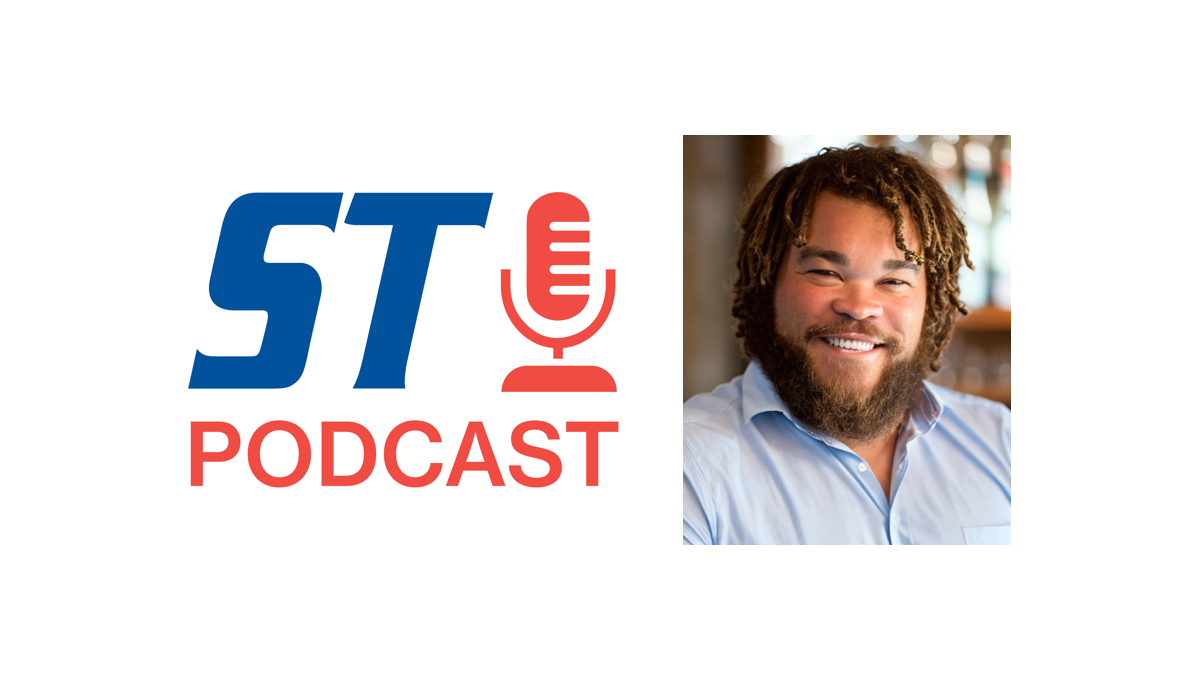
Khalid Cannon didn’t have the most direct route to the world of Ivy League athletics, but he certainly made the most of his opportunity. Growing up on a chicken farm in Alabama, his father was incarcerated when he was just a toddler, a development that led him to sports as a youth as an outlet for the challenges his family naturally faced. Not only did he excel athletically in baseball, football and other sports, he excelled academically as well. So much so that when it came time to consider playing football in college, he caught the eye of coaches at Yale and eventually played offensive line for the Bulldogs while pursuing degrees in chemistry and geology. After graduation, his career included a stint at a gold mining corporation until a conversation with a fellow former Yale football player turned him on to a fledgling nonprofit called Put Me In!
The mission of Put Me In! is to be a support to the more than 5 million kids who are estimated to have a parent who is incarcerated. CIPs, or children of incarcerated parents, are a group that doesn’t get much attention in the world of sports-related travel. But Put Me In! exists to give those kids scholarships to cover the costs of sports equipment, league fees and travel to tournaments. The organization has started small but is rapidly expanding, bringing on Cannon recently as its first full-time employee in the role of president and chief program officer. As you’ll hear in this conversation with SportsTravel Executive Editor and Publisher Jason Gewirtz, they’ve found perhaps the perfect person for the role. As the issue of equity in youth sports continues to rise to importance, Put Me In! is a terrific example of how some groups are looking to level the playing field.
Topics discussed in this episode:
Sponsored Content
- Cannon’s upbringing on a chicken farm in Alabama (4:25)
- How he got on the radar from Ivy League coaches (5:49)
- His academic goals coming out of college (8:08)
- How he came into contact with Put Me In! (9:06)
- What Put me In! does for children of incarcerated parents (11:42)
- How the $1,000 grants work (13:29)
- What types of expenses the grants pay for (14:16)
- How children are identified for the program (15:00)
- The response the group has received from the prison system (16:16)
- How Put Me In! is funded (18:22)
- How cities are being identified to focus on (19:11)
- What’s next for the organization (19:50)
- What tournament organizers and cities should know about how to help (21:06)
- What the response has been from kids and families in the program (22:34)


















 Copyright © 2025 by Northstar Travel Media LLC. All Rights Reserved. 301 Route 17 N, Suite 1150, Rutherford, NJ 07070 USA | Telephone: (201) 902-2000
Copyright © 2025 by Northstar Travel Media LLC. All Rights Reserved. 301 Route 17 N, Suite 1150, Rutherford, NJ 07070 USA | Telephone: (201) 902-2000